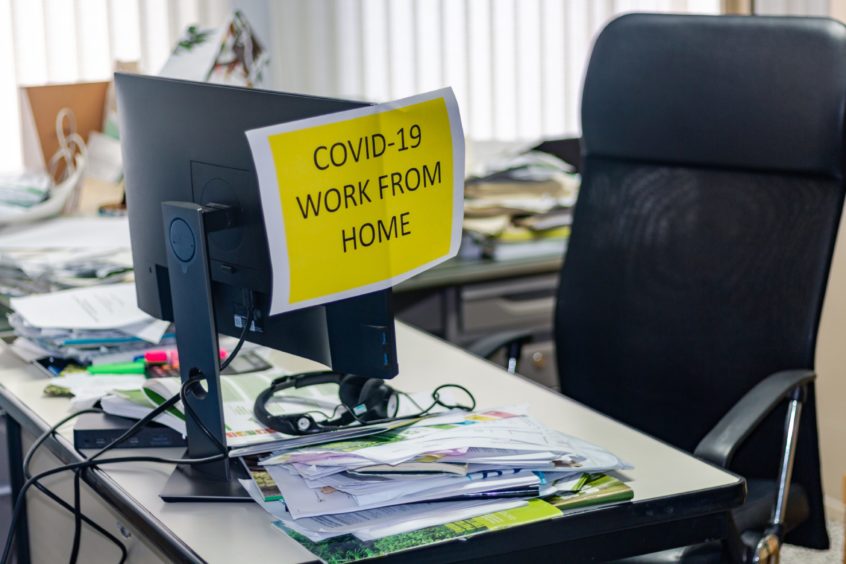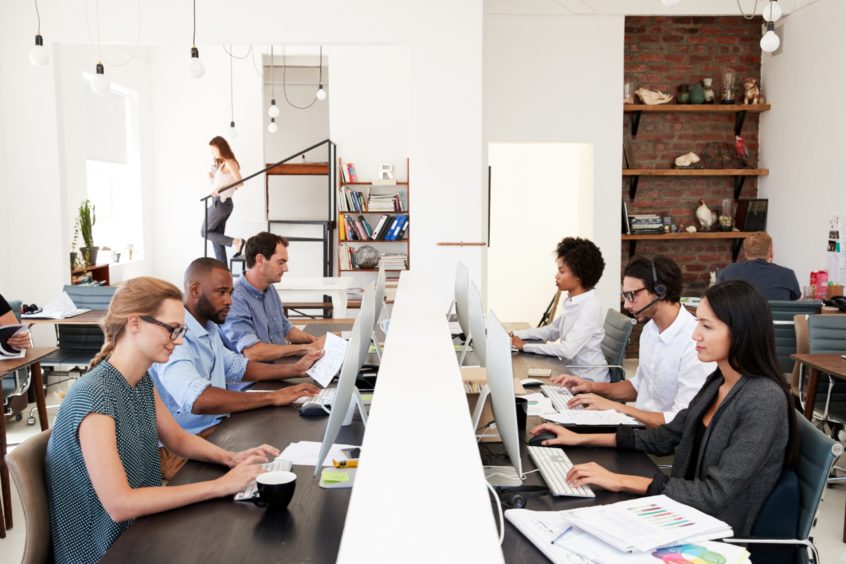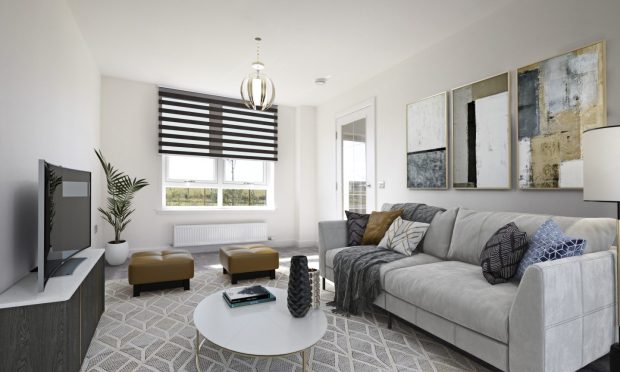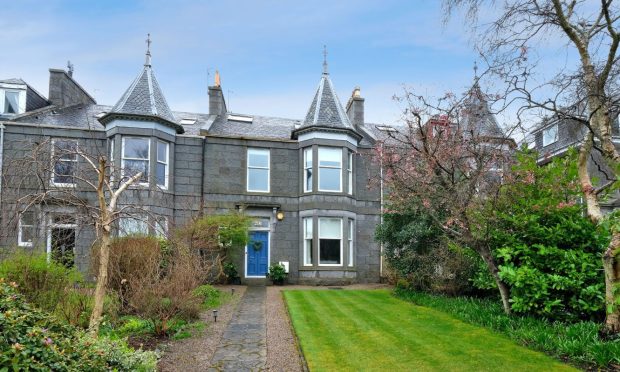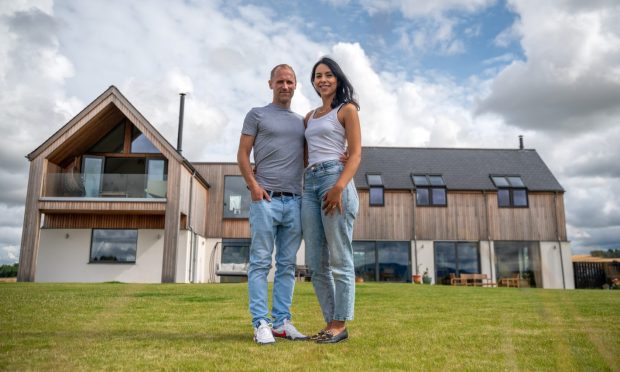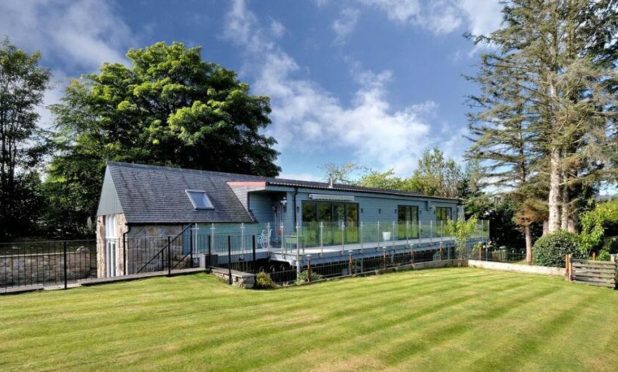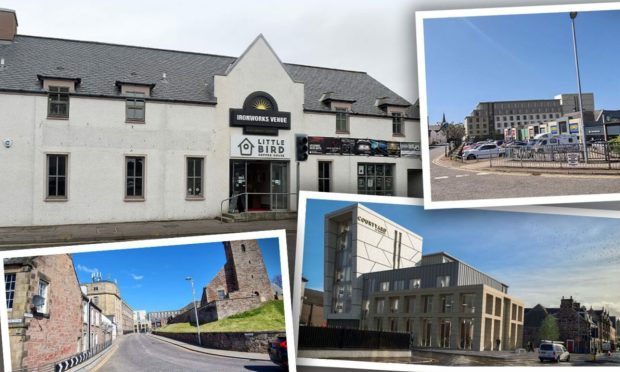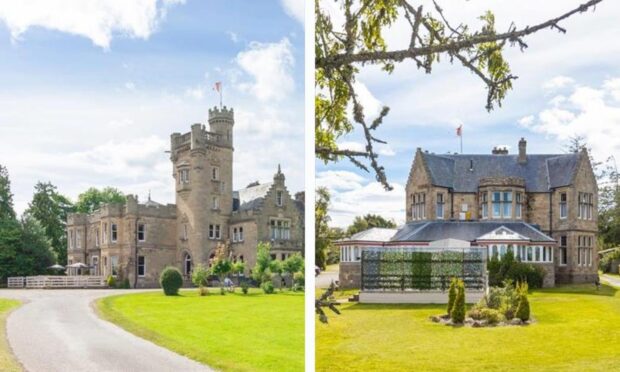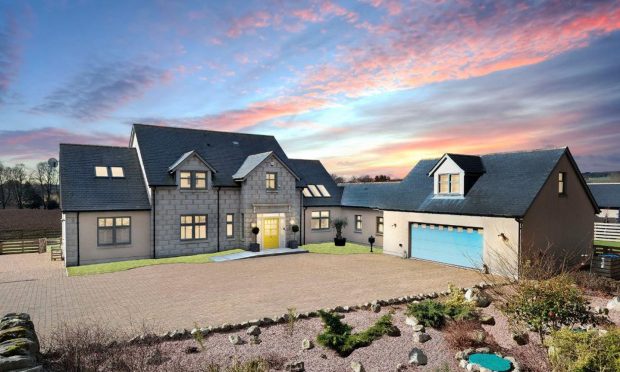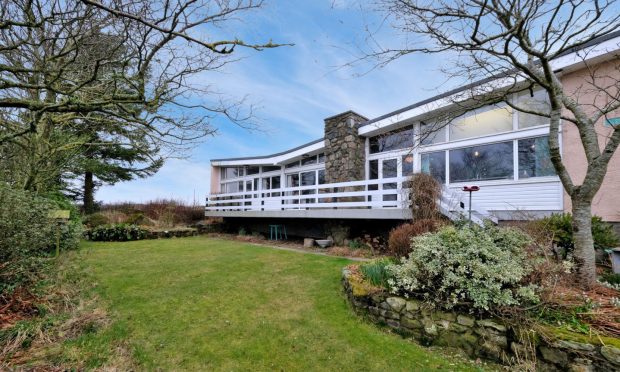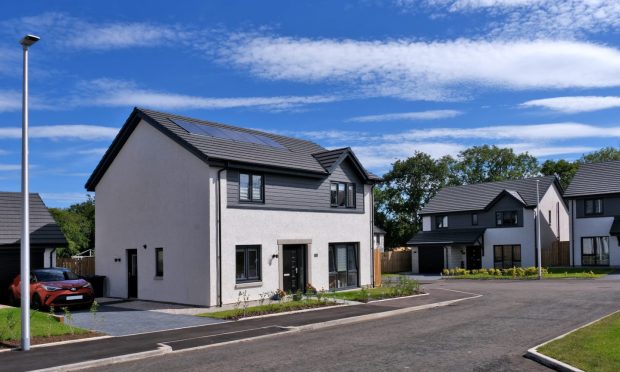Orega Offices has surveyed business leaders and their employees to find out what the post-pandemic “office of the future” will look like across different industries.
As hybrid working becomes the new normal for many, the majority of survey
respondents indicated expectations of a shifting home-office balance.
Three-quarters (75%) of respondents working in banking, finance and insurance were in the office every day pre-Covid. By comparison, 54% now expect there to be a mix of home and office work, and 15% expect to become full-time home workers.
Agriculture/fishing (58%) and manufacturing (40%) industry respondents indicated the highest expectation of working in the office.
Orega sales and marketing director Laura Walker said: “We’re increasingly hearing from our clients and partners that their teams are keen to get back into the office for collaborative working, which mirrors our research findings.
“Many employers are finding themselves with increased office capacity as they shift to hybrid working and are now turning to flexible serviced offices to get better value, compared to traditional long-term leases.”
She added: “While the office has become a place that offers more flexibility, it is still a highly valued space for individuals, with 67% saying it’s important for collaboration and
communication, and 78% of businesses and 81% of employees wanting to keep
working in an office.
“Across all industries, there is a growing demand for more facilities to be provided, or
better provisioned for, including privacy and fresh air.”
Orega has been providing virtual offices, meeting rooms, and serviced offices throughout the UK for more than 20 years. Its findings were based on a survey of 2,000 office workers and 500 business leaders to gain insights into the future preferences of the workplace.
Knight boss James Barrack upbeat on prospects for Scottish markets
Online shoppers boosting investors’ appetite for Scottish logistics opportunities

